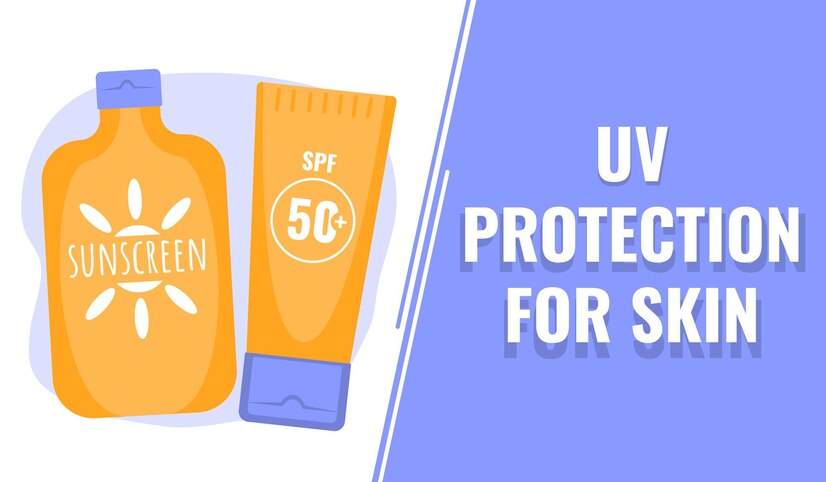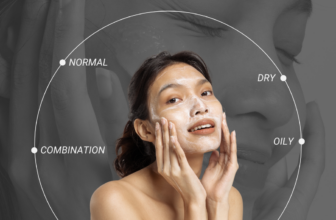
Is it really necessary to wear sunscreen at night, or is it just another skincare myth? If you’ve ever wondered whether your SPF should be part of your nighttime skincare routine, you’re not alone. With rising awareness around skincare, blue light damage, and skin sensitivity, many are asking: Can we apply sunscreen at night?
Let’s break down the science, bust some myths, and help you decide whether your sunscreen belongs on your nightstand or not.
Table of Contents
🌞 What Does Sunscreen Actually Do?
Sunscreen is designed to protect your skin from the harmful effects of sun UV rays—primarily UVA and UVB. It acts as a protective shield that either absorbs or reflects UV radiation, depending on whether you’re using a chemical or mineral sunscreen.
It’s the most essential step in your daytime skincare routine, but does it hold any value after the sun goes down?
🌙 Can You Apply Sunscreen at Night?
Technically, yes — but in most cases, you don’t need to. Sunscreen is specifically formulated to block sunlight & UV radiation, which aren’t present at night. So unless you’re exposed to certain indoor lighting conditions or screen time that emits blue light, applying sunscreen after dark is unnecessary and may even do more harm than good.
❌ Why You Should Avoid Sunscreen at Night (In Most Cases)
Using sunscreen at night can be unnecessary or even counterproductive. Here’s why:
- No UV = No need for sun protection
- It can clog pores if not removed properly
- Sunscreen may interfere with skin regeneration, which naturally occurs during sleep.
🔬 What Do Dermatologists Say?
Most skin care experts agree:

“Sunscreen should be part of your morning routine, not your night time regimen—unless you’re in a unique situation like post-treatment care or excessive screen exposure.”
Backing up your skincare with advice from professionals helps build trust and authority, and ensures your skin is getting what it truly needs.
❓ Can We Sleep With Sunscreen On?
While it’s not dangerous, sleeping with sunscreen is not recommended. It can trap dirt and oil, potentially causing irritation or acne. Always wash off your sunscreen before bed to let your skin breathe and repair overnight.
🌙 What’s the Best Nighttime Skincare Routine?
Your focus should shift toward repairing and hydrating your skin while you sleep. Night is when your skin regenerates — so giving it the right ingredients can make a big difference in your skin’s texture, tone, and overall health.
Here’s a simple, effective nighttime skincare routine to follow:
✅ 1. Remove Makeup and Sunscreen
Use a gentle micellar water, cleansing oil, or balm to dissolve makeup, dirt, and leftover sunscreen from the day.
✅ 2. Cleanse Thoroughly
Choose a mild, pH-balanced cleanser to wash away residue and prep your skin for better absorption of treatment products.
✅ 3. Apply Treatment Serums (As Needed)
Depending on your skin type:
- Retinol for anti-aging
- Niacinamide for oil control and brightening
- Salicylic Acid for acne
- Hyaluronic Acid for hydration
(Always start slow with actives if you’re new to them!)
💡 Pro Tip: Always apply skincare products from thinnest to thickest texture — lightweight serums first, heavy creams last.
Is it okay to wear sunscreen indoors at night?
Can sunscreen protect against blue light from screens?
Should I wash sunscreen off before bed?
Is sunscreen better than night cream?
🧴 Final Verdict: Should You Apply Sunscreen at Night?
In most cases, no — sunscreen at night is unnecessary. Your skin doesn’t face UV damage after dark, so it’s better to focus on hydrating and repairing your skin at Night. However, if you’re under intense artificial light or using specific medications, consult a dermatologist for personalized advice.






